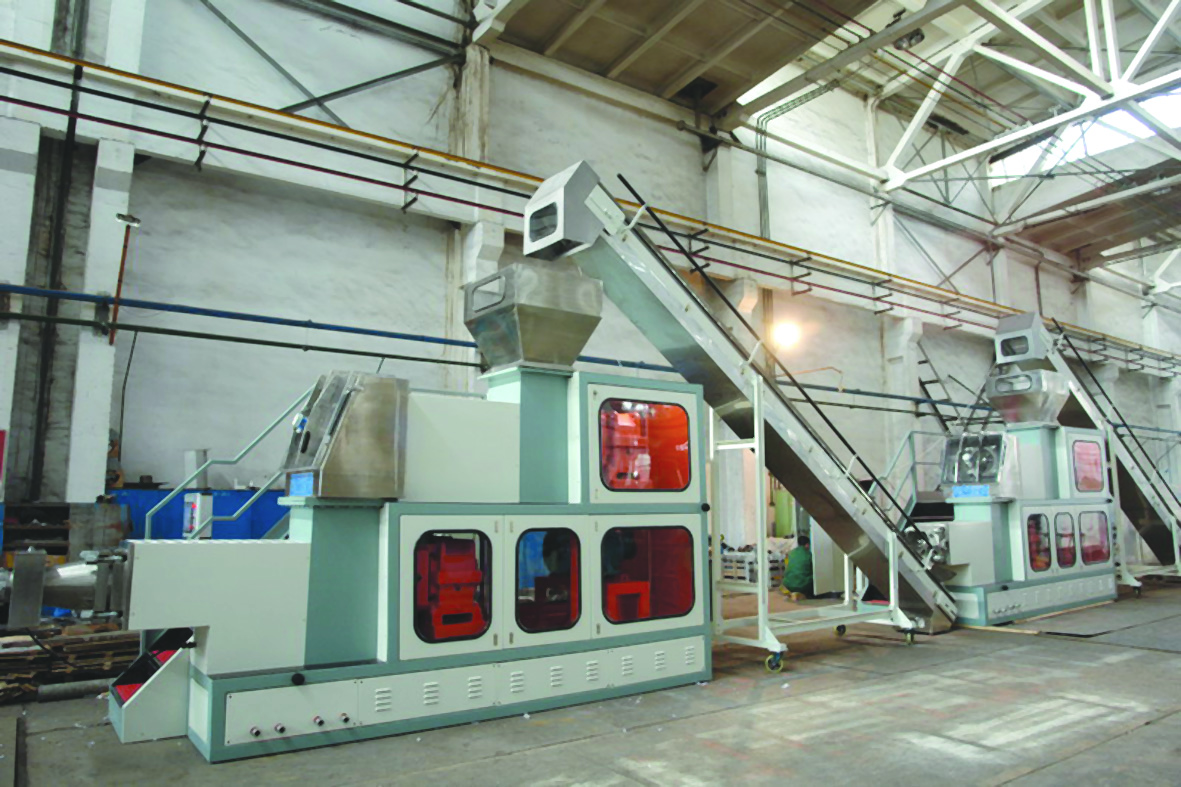The latest economic review of the Manufacturers Association of Nigeria indicates that the epileptic power supply and the recent increase in electricity tariff are adversely affecting businesses, especially the manufacturing sector.
By Olisemeka Obeche
Manufacturers and Small and Medium Enterprises (SMEs) in Nigeria are getting increasingly frustrated by the recent tariff hike and persistent poor power supply across the country. Feelers from the manufacturing sector indicate that the recently reviewed Multi Year Tariff Order (MYTO) framework which approved a new tariff hike with effect from January 1, 2015 is causing ripples amongst stakeholders.
Although the new electricity tariff plan provided a six-month embargo on its application to residential electricity consumers in the country, thereby mitigating nationwide customers’ backlash, the development has unsettled the affected class of consumers — the manufacturers.
Indeed, the Manufacturers Association of Nigerian (MAN) has identified poor electricity supply to industries as one of the challenges it faces aside from funding. “This has been a major issue that requires collective approach and resolution in order to save the economy,” MAN declared in its recent economic review, adding that the power situation is adversely affecting businesses, especially the manufacturing sector.
With the Nigerian Electricity Regulatory Commission (NERC) yet to fully address objections raised by MAN over the Multi Year Tariff Order (MYTO 2), the latest tariff hike has further compounded the problem; hence the association recently called for a review of the power reform process. “MAN is of the view that there is need for government to review the whole process of power reform by conducting an assessment study in order to identify the areas of challenges,” MAN stated.
According to the association, the latest tariff hike coming at a time when power supply has not improved means additional cost to manufacturers who are already groaning under heavy production costs and losses. “One of these is the incessant disruptions of production lines leading to reduced capacity, wastages as a result of production disruptions and added costs particularly in providing alternative power through the use of electric generators, mostly powered with diesel,” it said.
The Lagos Chamber of Commerce and Industry (LCCI) also lamented the power sector flop in its recently published 2014 Economic Report. LCCI’s President, Remi Bello, who decried that electricity supply dropped by an average of 30 percent in most industrial parts and households in the last six months of 2014, insisted that the power situation continues to pose severe challenges to business owners.
According to him, most SMEs spend as much as 10 percent of their monthly turnover on payment for public power supply alone. “Often, these firms never get the power supply they are compelled to pay for,” Bello said, while suggesting that “the policy of fixed charge by electricity firms should be reviewed as it is unfair to power consumers.”
However, if the plans by federal government to provide uninterrupted power supply to industrial hubs proceeds as scheduled, the cries by manufacturers may soon be over. Mr. Olusegun Aganga, Minister of Industry, Trade and Investment, had in January this year said that the federal government, in collaboration with German’s Deutshe Gesellschaft Internationale Zusammenarbeit (GIZ) and MAN, was conducting an energy audit for the industrial sector. Aganga explained that the energy audit will enable the government provide uninterrupted power to manufacturing hubs across the country. “There is the need to know the power requirements of the existing industrial areas and the proposed industrial cities and parks which we have identified, so that working together with the Ministry of Power, GIZ, MAN, and other stakeholders, government will be able to provide uninterrupted power to these industries because power is critical to industrial growth and development,” Aganga said.
He added: “The energy audit project with GIZ is so exciting and very important to us as it will enable us to determine the energy consumption of industries, what it is currently and what it will be going forward. We must be able to plan in order to meet the energy requirements of our industries because one of our utmost priorities is how to ensure power sufficiency for the industrial areas across the country.”
Dr. Frank Jacobs, president of MAN described the energy audit initiative as a welcome development as it would provide reliable baseline information on the energy needs of the manufacturing sector and ensure that adequate power is channeled to industrial areas for improved capacity utilization. “This initiative is a welcome development for us in the manufacturing sector because it will provide the baseline information on energy consumption needs of the manufacturing sector and how power can be channeled to industrial areas across the country,” he said.
[divider]


